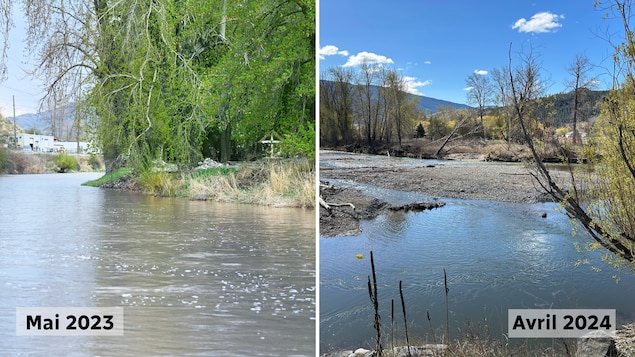Toronto (Canada), July 13 (EFE). The Canadian Hydrogen and Fuel Cell Association (CHFCA) and the Costa Rican Hydrogen Association (ACH2) have signed a Memorandum of Understanding to enhance cooperation between the two countries in developing zero-emission technologies so that these countries are considered key to combating the climate crisis.
Canada is one of the world’s 10 largest producers of hydrogen, and the country has more than 100 leading hydrogen and fuel cell technology companies that in 2017 employed more than 2,100 people and generated revenues of over C$200 million ($160 million in US dollars) in the year.
Mark Kirby, President and CEO of CHFCA, said in a statement that the agreement with ACH2 “will enhance cooperation between the hydrogen and fuel cell sectors in Costa Rica and Canada, helping both countries achieve their climate goals, by enhancing international trade and supply chains.”
For his part, ACH2 President, Javier Bonilla Herrera, declared that the agreement “represents a huge opportunity” for ACH2, acknowledging that they are “excited” to collaborate and share knowledge with CHFCA.
Bonilla Herrera added that “Costa Rica is emerging as a major player in the global hydrogen value chain,” which he said is determined to “achieve the goals set out in this note.”
Both CHFCA and ACH2 are non-profit organizations that aim to promote the use of hydrogen as an energy source.
Costa Rica’s ambassador to Canada, Mauricio Ortiz, valued the agreement as “an essential element for constructive future work towards integrating mutual cooperation between the public and private sectors of both countries.”
In 2019, Costa Rica launched an ambitious national plan to decarbonize the economy with the goal of achieving carbon neutrality by 2050 through the modernization and electrification of public transportation, the search for alternative fuels such as hydrogen and the expansion of forest massif. Country.
In 2020, for the sixth consecutive year, Costa Rica produced at least 98% of its electricity from renewable sources. Last year, it was exactly 99.78%, according to data from the Electricity Institute of Costa Rica (ICE).
The Central American country, with a population of 5 million, has about 40 power plants and electricity services cover 99.4%.
In December 2020, after three years of study and analysis, Canada launched a program to use hydrogen so that in 2050 the North American country, like Costa Rica, would reach carbon neutrality.
One of the program’s strategies for international cooperation is the development and use of hydrogen technologies. EFE
© EFE 2021. Redistribution and redistribution of all or part of the contents of the Efe Services, without the prior and express consent of EFE SA, is expressly prohibited.


/thumbs.vodgc.net/1-14-S15FuR1714053755879_480P.jpg)


